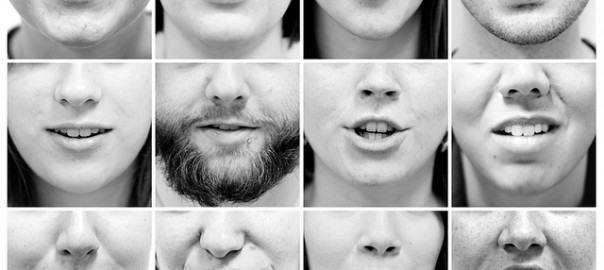2015: Mak Ka Yan Alison, Shin Da Yoon
2014: Iris Lee, Faezah, Eunice Lim
1. Introduction
Language Evolution and Universals
The evolutionary process of human natural languages, since its first appearance, has always been a huge gap within linguistic research studies. There are no adequate evidence that could account for how language first came about, how it had initially evolved in human and how it transformed into what it is today. One way to investigate these questions could be through the manifestation of universals in language and cognition. By identifying the prevalence of universals across languages, it could aid in clarification in the manner of actualization in language evolution.
It is hypothesized that universals in languages could possibly open a path leading to resolving the core issue: whether language had been evolved to be adapted to human brains or have humans evolved to be able to use languages.
Universals in Languages
Language Universal (LU) refers to the “certain properties that most or all languages share”
(McGregor, p.251)
LU limits the ways in which human acquire language and how they use languages. LU is concerned with the evidence of commonality in linguistics features across all or most human natural languages.
Linguists have been working hard to resolve the arguments on whether there are universals in human natural languages and how to explain their presence. Universals in languages serve as the platform for much debate in nature versus nurture: whether universals in language and cognition are in support for the view of biological/cognition adaptation or cultural adaptation. There has been much research conducted and yet till now, linguists are barely getting close to a consensus. Although many of the studies have led to astonishing findings, none were able to fully explain the presence of universals in the diversity of languages spoken around the world. In seeking for empirical evidences, it is crucial to first better understand what is meant by universals in language and what theories had been derived from it.
There have been arguments that LU is in support of innateness. Innateness refers to the instinctive nature that comes with birth; abilities that are not learned. In the context of language development, linguists in favour of this theory would support that human brains has adapted itself to allow humans to have the ability to speak, even without the right linguistic environment – they believe that no matter the environment in which human develop, they will have the ability to talk in a language.
Chomsky postulated the principles of “Universal Grammar” (UG), in representation of human’s predisposition to acquire language (Jäger & Rooij, 2007). Generative linguistsclaimed that without such language mechanisms in human brains, there would not be a communication system developed by humans for humans. This shared mental faculty allowed for language learning capacity in humans, despite the issue of poverty of stimulus. It was therefore suggested that UG explained the presence of universals in languages (Jäger & Rooij, 2007) – all humans share the same ability to utilise languages, and through this ability, the languages that they create would contain similar features.
Other theories of LU include biological adaptation through natural selection, vertical and horizontal transmissions of cultural evolution (Pinker & Bloom, 1990; Pinker & Jackendoff, 2005; Jäger & Rooij, 2007), of which these would be in favour for language adapting itself to the brain’s mental capacity, allowing for learnability.
